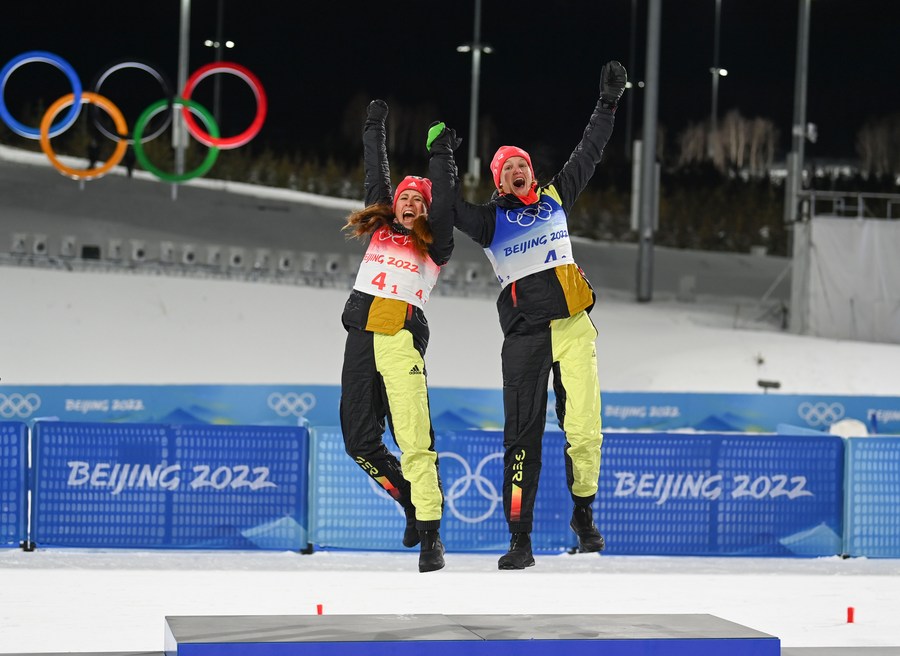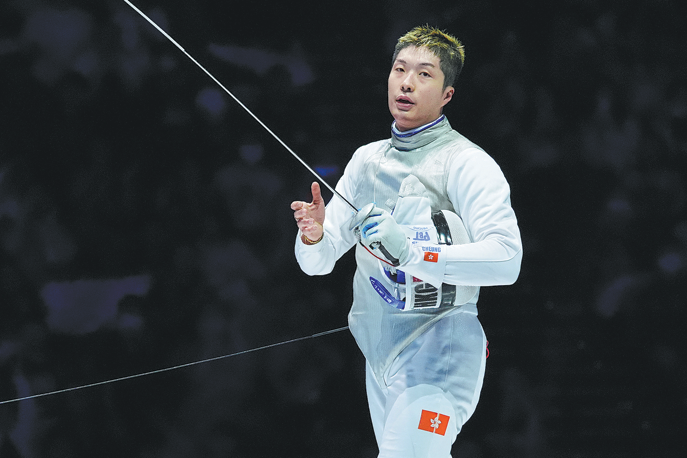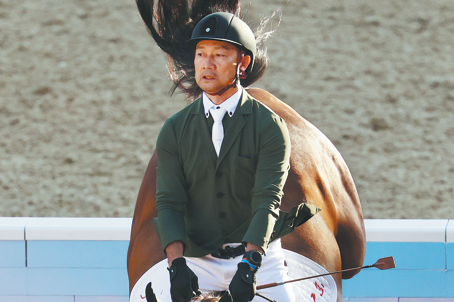F1 tech revs Germany to success on sliding track


Germany has dominated sliding sports at the Beijing Olympics on high-speed sleds using materials "basically similar to Formula One", says one of the men who builds them.
Going into the final weekend of the Games, the Germans have won 12 of the 24 medals at Yanqing National Sliding Centre, including seven of the eight golds.
Together with the expertise and determination of their athletes, Germany's success is down to technology from about 7,000 kilometers away in Berlin.
The Institute for Research and Development of Sports Equipment (FES) in the German capital builds and tests the bobsleigh, luge and skeleton sleds.
The materials for them would not be out of place on a Formula One racing car, says engineer Konstantin Schulze, who oversees their construction.
Underlining the comparison, in Friday's training for the four-man bobsleigh, Germany's Johannes Lochner was fastest, clocking speeds of up to 136 km per hour.
Germany's top bobsleigh pilot Francesco Friedrich rates FES as "enormously important" as he looks to win a second gold in Beijing in Sunday's four-man bobsleigh.
Like the other German pilots, Friedrich works closely with FES experts whenever he races.
"You have to imagine it like a sports car that the athlete needs to deliver the perfect performance," says Schulze.
German sleds are sought after and Friedrich sold a bobsleigh he no longer needed to Canadian rival Christopher Spring before the Winter Games.
"He (Friedrich) definitely wouldn't have sold it if he didn't have something better, right?" said Canadian pilot Justin Kripps last week.
FES engineers tinker with the sleds on the ice at one of Germany's four tracks or in the wind tunnel at their Berlin headquarters.
"We try to cut two tenths (of a second) from each run during an Olympic cycle," said FES Director Michael Nitsch.
In a sport often decided by fine margins, that could make the difference between winning an Olympic medal or not.
Such technology does not come cheap.
The German government provides annual funding of 7 million euros ($8 million) to FES, which has 80 employees.
Their know-how benefits German athletes in other Olympic sports such as speed skating, canoeing and cycling.
Germany's success on the Yanqing ice track is born out of bitter defeat.
At the 2014 Sochi Games, Germany failed to win a bobsleigh medal for the first time in 50 years.
AFP
Most Popular
- 'Asian Flying Man' hangs up his boots
- Tiny Curacao on top of the world
- A point to prove: Cheung elated after finally winning Games gold
- Setting the pace for the next generation
- Coach Chan eyes new goals after leading Jiangsu women to Games gold
- Scotland stuns Denmark with late rally





























